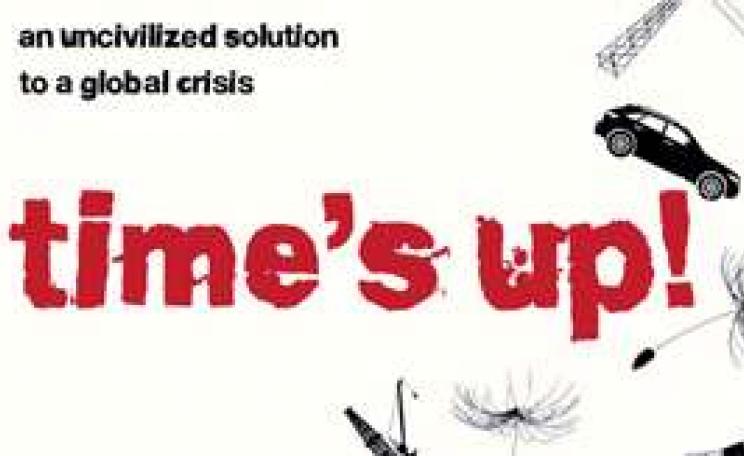‘The future is no longer what it used to be’. So says Professor Herbert Girardet, Director of Programmes for the World Future Council (WFC) and, worryingly, a man who ought to know a thing or two about humanity’s prospects. A recently formed association of wise elders and eminent persons, the WFC has the admirable task of attempting to identify the challenges that currently face future generations of the human race, with the express intention of offering solutions to the policy-makers of today. Surviving the century is the first of the WFC’s publications and addresses the most pressing of the Council’s concerns: climate change.
A collection of inspirational essays, each written by a different member of the WFC with expertise in environmental affairs, Surviving the century examines eight different areas of the climate change agenda – covering everything from food security to product design and the sustainability of urban living. In opposition to those many mighty institutions invested in defending the status quo (they who may wine, dine and bend the ear of those with power), the WFC has been established to give a voice to those, as yet unborn, generations whose interests lie in change now.
Rather than discussing what is presently deemed to be politically possible, the somewhat radical nature of Surviving the century comes from a focus purely on what is necessary. If humanity is to have a happy, healthy and sustainable future the book goes to show exactly why it is we must wean ourselves off the use of nineteenth century energy sources, why we must give up on nuclear power and why we must drastically alter our travel, leisure and eating habits.
Such complicated and massive issues might stoke a sense of inertia, but the beauty of the book’s treatment of climate change is found in the emphasis it places on positive action. Edward Goldsmith, founder of the Ecologist magazine, argues for the localization of food production, the diversification of crops and the elimination of artificial fertilizers in the name of food security. With a similar focus on sustainability, Stewart Wallis also shows why we must regulate transnational companies and outlines the various ways in which we must alter the world trading system to incorporate social and environmental concerns.
To protect us from apathetic despair, the eight authors of Surviving the century outline exactly what we can do now to halt the destruction of our climate; what action we could take to establish decentralised, renewable energy supplies; what legislation could be imposed in order for us to curb our destruction of the Amazon; and what institutions could be established to ensure that we are to protect our planet from ourselves.
In giving straightforward advice, through strategies and action plans, Surviving the century equips us with the weapons we need to declare a war unlike any other – a war on ourselves and on our own short-sightedness. As a call to arms the book is an effective eye-opener and source of inspiration, showing us not only why we must change but, crucially, empowering us with the knowledge we need to build that change into our future.
Surviving the Century: Facing Climate Chaos and Other Global Challenges, edited by Herbert Girardet with contributions from Michael Braungart, Peter Bunyard, Ross Gelbspan, Herbert Girardet, Edward Goldsmith, Frances Moore Lappé, Hermann Scheer and Stewart Wallis (Earthscan, £16.99)
This article first appeared in the Ecologist December 2008



